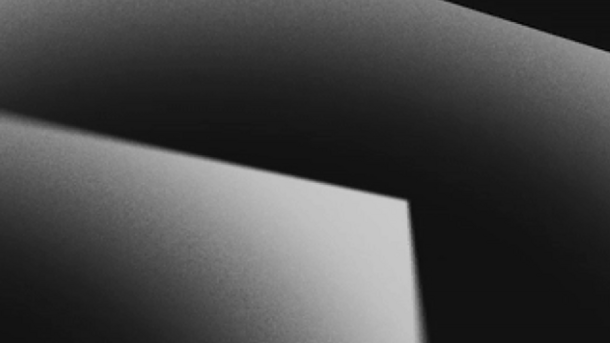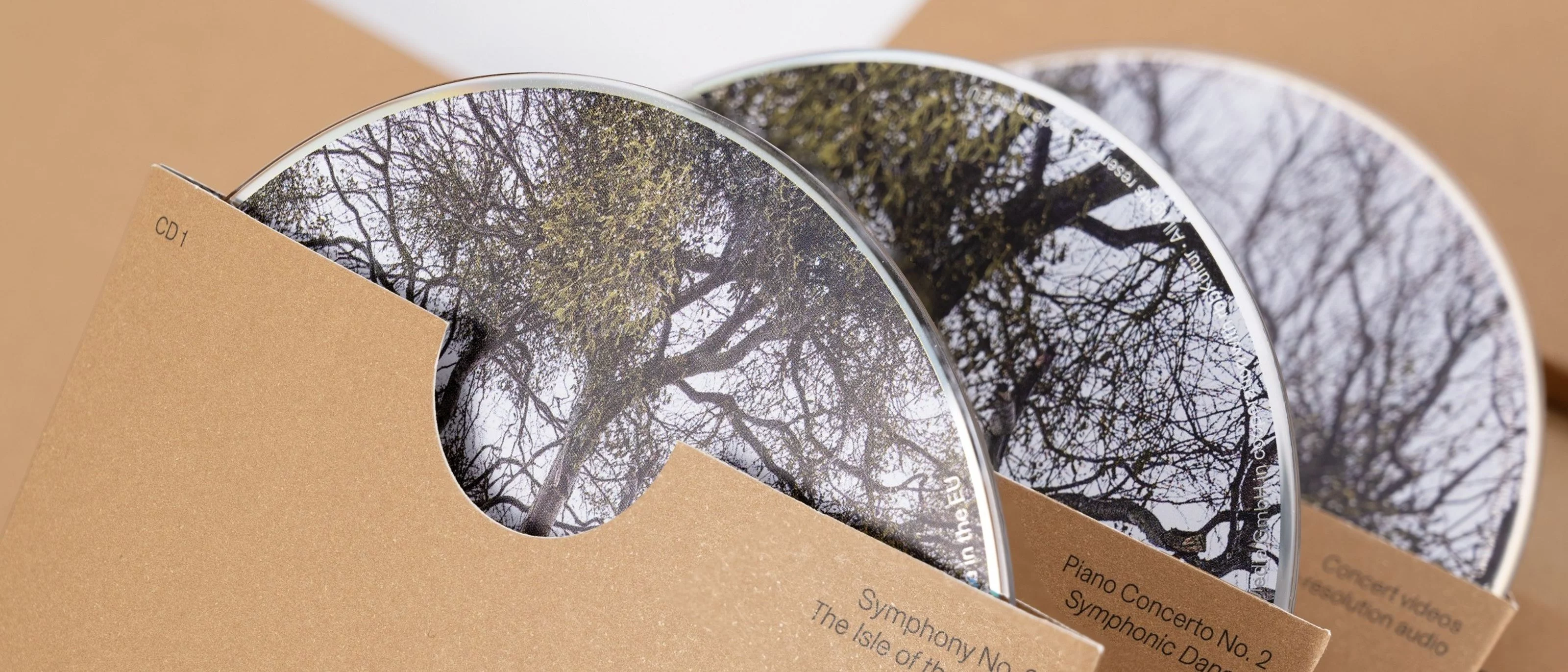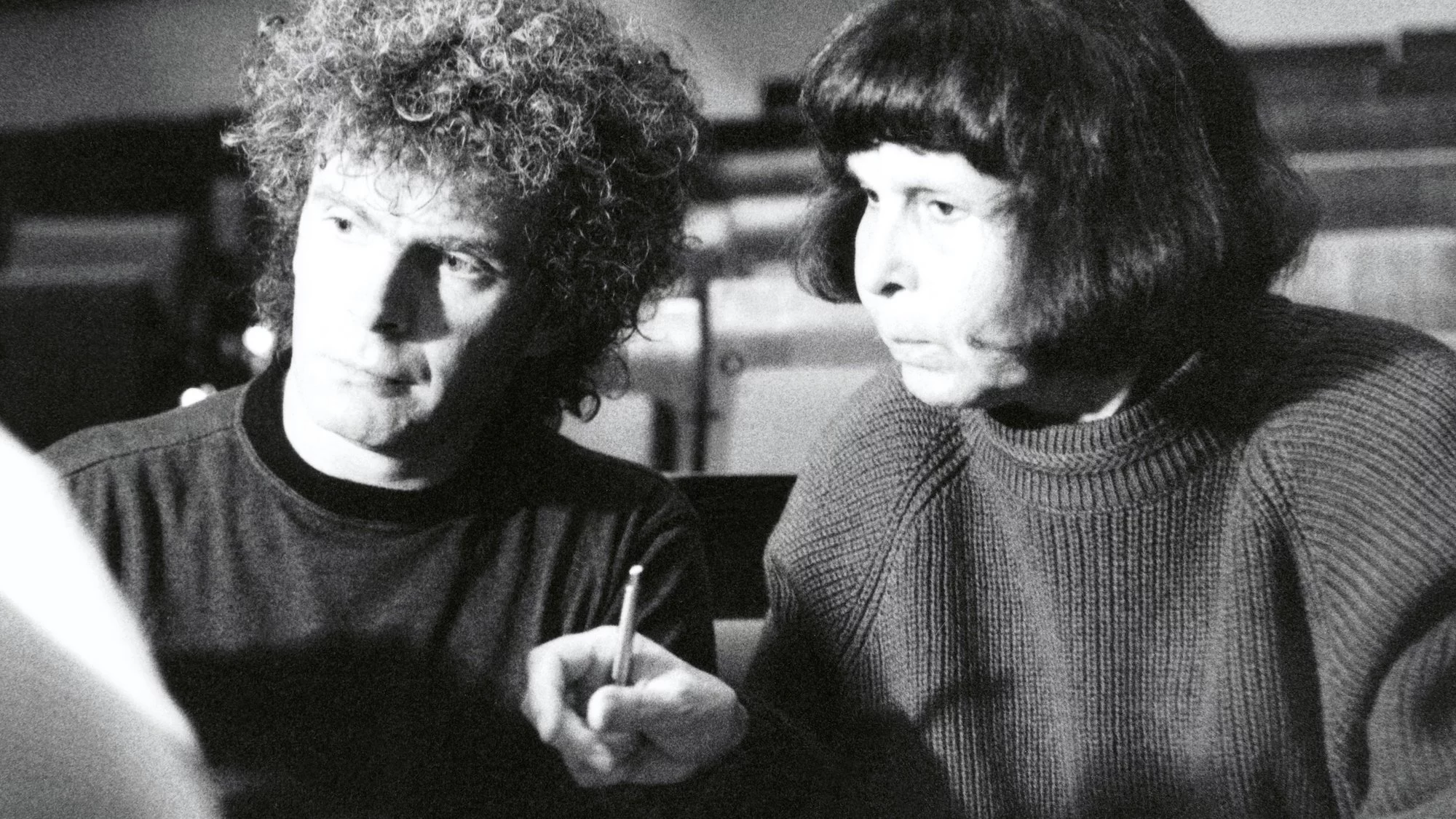
Concert information
Info
Hatred, jealousy and loss: Sergei Rachmaninoff creates a dark world with powerful colours in his one-act opera Francesca da Rimini. Against this backdrop, the heroine’s brief happiness in love shines all the more brightly. Kirill Petrenko presents the impassioned score with acclaimed soloists in a concert performance. Sofia Gubaidulina’s work The Wrath of God is almost apocalyptically dramatic. And here, too, it is about the hatred that – says the composer – “grows in this world with such force and intensity that it inevitably touches me.” The programme opens with one of the most popular works of American orchestral music: Samuel Barber’s touching and intimate Adagio for strings.
Artists
Berliner Philharmoniker
Kirill Petrenko conductor
Galina Cheplakova soprano (Francesca)
Dmytro Popov tenor (Paolo Malatesta)
Dmitry Golovnin tenor (Dante Alighieri)
Vladislav Sulimsky baritone (Lanceotto Malatesta)
Ilia Kazakov bass (Ghost of Vergil)
Rundfunkchor Berlin
Gijs Leenaars chorus master
Programme
Samuel Barber
Adagio for Strings, op. 11
Sofia Gubaidulina
The Wrath of God
Interval
Sergei Rachmaninoff
Francesca da Rimini, op. 25
Galina Cheplakova soprano, Dmytro Popov tenor, Dmitry Golovnin tenor, Vladislav Sulimsky baritone, Ilia Kazakov bass, Rundfunkchor Berlin, Gijs Leenaars chorus master
Additional information
Duration ca. 2 hours and 15 minutes (incl. 20 minutes interval)

Main Auditorium
37 to 106 €
Introduction
19:15
Series G: Concerts with the Berliner Philharmoniker

Main Auditorium
37 to 106 €
Introduction
19:15
Series A: Concerts with the Berliner Philharmoniker

Main Auditorium
37 to 106 €
Introduction
18:15
“Upbeat”: Sofia Gubaidulina’s “The Wrath of God”
Programme notes and rehearsal footage
“Upbeat”: Sofia Gubaidulina’s “The Wrath of God”
In this video: Kirill Petrenko rehearses Sofia Gubaidulina’s symphonic poem The Wrath of God. Double bassist Martin Heinze, who got to know the composer personally, provides insights into the uncompromisingly powerful work.
The case of Francesca da Rimini
A timeless murder

Apart from the Madonna and the odd character from the Bible, it would probably be fair to say that Francesca da Rimini is one of the most frequently encountered female figures in the world of art, a figure whose tale has inspired no fewer than fourteen operas, seven stage plays, at least fifteen famous paintings and so many lesser-known works that it would be simply impossible to list them all.
A journey into the spiritual
Sofia Gubaidulina and the Berliner Philharmoniker
Biographies
Galina Cheplakova
Galina Cheplakova recently won considerable acclaim for her performance as Violetta in Peter Konwitschny’s legendary production of La traviata at the Graz opera. With this and similar triumphs, the Russian-born soprano has sung her way into the top league of her profession, earning praise for her finely-drawn legato arches and agile colouratura. Cheplakova studyied in Russia and Italy, winning numerous international competitions. Her repertoire includes roles such as Donna Anna (Don Giovanni), Musetta (La bohème), Tatyana (Eugene Onegin) and the title role of Tchaikovsky’s Jolanthe.
Dmytro Popov
Ukrainian tenor Dmytro Popov began his solo career in 2004 as Alfredo (La traviata); three years later he was a prizewinner at Plácido Domingo’s Operalia competition in Paris. In 2013, Popov made his breakthrough as Rodolfo (La bohème) at the Royal Opera House in London. Since then, he has appeared at major opera houses and international festivals in roles such as Lenski (Eugene Onegin) Mario Cavaradossi (Tosca) and Don José (Carmen). He made his debut with the Berliner Philharmoniker in 2012 under the baton of Sir Simon Rattle in Sergei Rachmaninoff’s tone poem The Bells.
Dmitry Golovnin
Dmitry Golovnin studied first trumpet, then singing in St. Petersburg and Hamburg. His career has taken the tenor to the Bolshoi Theatre in Moscow, the Mariinsky Theatre in St. Petersburg, the Paris Opera, the Vienna State Opera and the Zurich Opera House. His diverse repertoire ranges from Don José (Carmen) to Grigori and Shuisky (Boris Godunov), Sergei in Lady Macbeth of Mtsensk and contemporary music such as Olga Neuwirth’s American Lulu. In 2021, he made his debut with the Berliner Philharmoniker in Tchaikovsky’s Mazeppa under the baton of Kirill Petrenko.
Vladislav Sulimsky
As a member of the ensemble at St Petersburg’s Mariinsky Theatre, Vladislav Sulimsky has appeared in the title roles of Eugene Onegin, Simon Boccanegra, Macbeth, Rigoletto and Gianni Schicchi, among others. The baritone was also nominated for a Grammy Award for his recording of Shostakovich’s The Nose and won the Giacomo Lauri-Volpi Competition in 2010. Engagements have taken him to leading international opera houses and festivals. He appeared with the Berliner Philharmoniker and Kirill Petrenko in Tchaikovsky’s operas Mazeppa (2021) and Queen of Spades (2022).
Ilia Kazakov
Ilia Kazakov, born in Kazan in 1992, studied choral conducting and singing in his home city and in Moscow. In 2019, the bass won the Galina Vishnevskaya International Opera Competition and became a member of the Galina Vishnevskaya Opera Studio in Moscow. After debuts at major opera houses and at the Salzburg Festival, he joined the ensemble of the Vienna State Opera, where he has appeared in roles such as Ferrando (Il trovatore), Colline (La bohème) and Prince Gremin (Eugene Onegin).
Plan your visit
Opening hours, program booklets, dress code, introductions and more
How to get to the Philharmonie Berlin
Whether by bus, train, bike or car: Here you will find the quickest way to the Philharmonie Berlin - and where you can park there.
Ticket information
Advance booking dates, opening hours, seating plans, discounts

